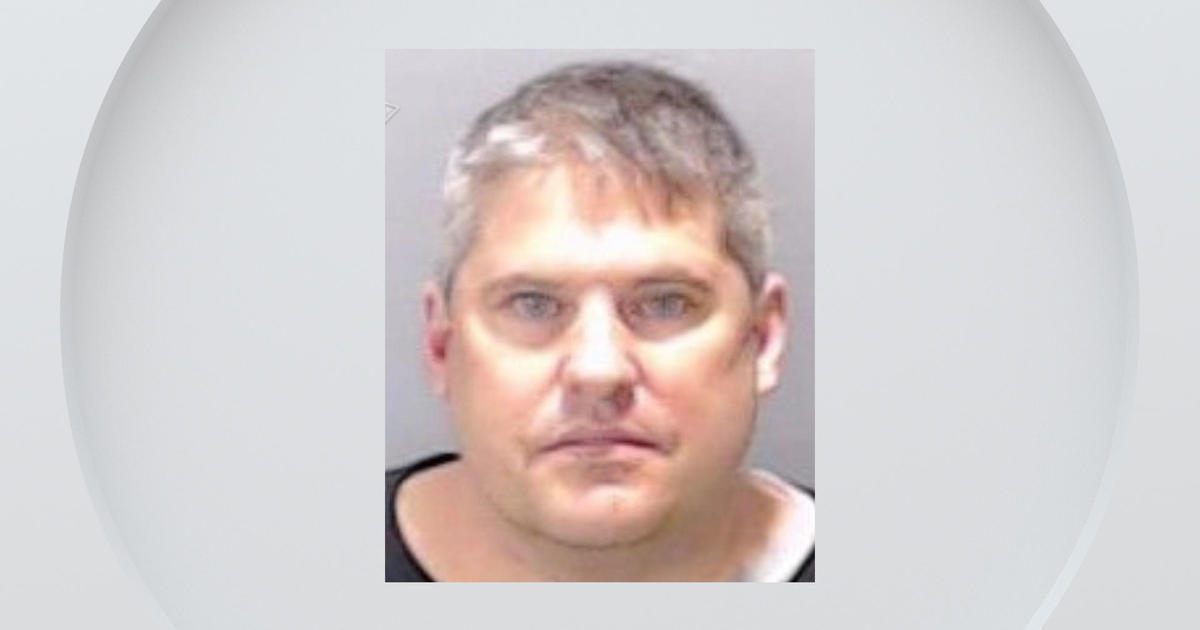Colorado Coroner System Similar To Old West
DENVER (AP) - It was a suspicious suicide, an apparent self-inflicted gunshot in which the victim's boyfriend had a trail of deceased former romantic partners, and Douglas County Coroner Lora Thomas wanted to investigate.
That's when she ran into Colorado's antiquated Old West-style coroner system.
It wasn't clear whether her office, or the sheriff's office, should investigate. The clock was ticking, and evidence was fading.
After haggling for hours over who would do the examination, Thomas' office got the body and concluded the death was indeed a suicide, with foul play ruled out. But the case helped bring Thomas to the Colorado Capitol last week to argue for an overhaul.
"I look at this bill as modernizing what we're already doing," Thomas told lawmakers.
Colorado's 63 county coroners are mostly elected and aren't required to have a medical degree. They operate under laws written in the days when Western coroners did little more than collect bodies after frontier shootouts.
To qualify, candidates must be over 18 with a high school diploma or equivalent. Medical training is required later, but it isn't a prerequisite.
States still using elected county coroners tend to be Western. Idaho, Nebraska, Nevada and Wyoming also rely on county coroners rather than state medical examiners.
Colorado's coroners determine cause of death, based on the medical training they take after election. In about 2 percent of cases where the cause is suspect, or the coroners believe more information is needed, a medical examiner is summoned to perform an autopsy.
Colorado's coroner law was revised in 2011 to settle the question of when autopsies are required. This year's bill continues that work by dusting off other arcane bits of Colorado's death-investigation protocol.
The coroner update bill states that law enforcement must call coroners as soon as a body is discovered - not after a potential crime scene investigation is complete, as happened in the Douglas County suicide.
The coroner bill also eliminates the grisly but out-of-date practice of removing pituitary glands in autopsies. Located at the base of the brain, pituitary glands once were routinely removed during autopsies because they contain human growth hormone. Growth hormone has been artificially produced for decades, and pituitary collections stopped by the 1980s, but the grim provision remains on Colorado's books.
Suicide notes are another delicate question addressed in this year's coroner update. Currently, the question of who keeps suicide notes - coroners or cops - varies by county. The update makes clear that coroners are to keep the notes.
The head of the Colorado Coroners' Association, Dr. Patrick Allen of Larimer County, said the update is desperately overdue. Coroners need a clear signal that they are the ones who determine how people died, whether deaths are natural or not.
"That's our job, to investigate deaths," Allen said.
However, the bill doesn't go as far as some wish.
The National Academy of Sciences concluded in 2009 that coroner systems should be phased out and replaced with board-certified medical examiners. The report noted that coroners have roots in ninth-century England, where their job was to protect the crown from tax evaders. Coroners started being replaced by medically trained examiners in this country as early as the 1870s.
Allen told senators last week that it's not feasible to replace elected coroners entirely with forensic pathologists. Allen said Colorado is operating on a hybrid system, in which medical examiners operate regionally and travel to rural areas when coroners need help or an autopsy.
"Most of the state is very adequately covered, keeping in mind there are only 400 or 500 forensic pathologists nationwide," Allen said.
The Legislature rejected a 2011 bill to study Colorado's elected coroners system. But the delicate job of modernizing the state's system is slow work.
John Jackson, Greenwood Village Police Chief and the head of the Colorado Association of Chiefs of Police, said law enforcement still needs to play a role.
"Some rural coroners' offices simply do not have the resources to deal with crime scenes," Jackson told the Senate.
The police chiefs back the revisions awaiting debate in the full Senate. Jackson said the bill preserves the needed parts of Colorado's coroner system but modernizes it and makes clear how death investigations should be handled.
"Law enforcement and coroners must work together on these matters," he said.
LINK: House Bill 1097
- By Kristen Wyatt, AP Writer
(© Copyright 2013 The Associated Press. All Rights Reserved. This material may not be published, broadcast, rewritten or redistributed.)



